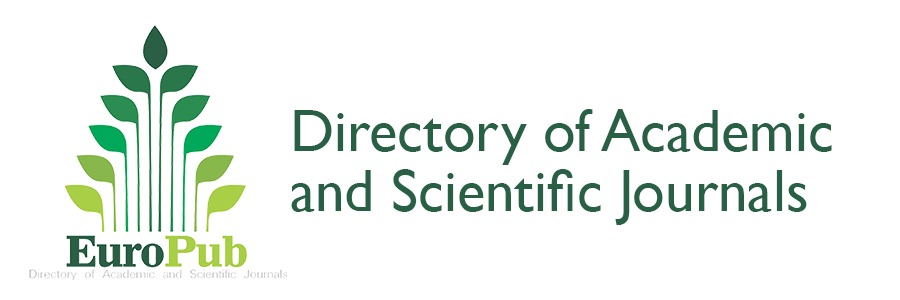Exploring the Preoperative Fasting and Perioperative Hemodynamic variability in Elective Surgery Under General Anesthesia
DOI:
https://doi.org/10.62746/njlhs.v3n1.1Keywords:
Preoperative fasting, Hemodynamic, General Anesthesia, Elective SurgeryAbstract
Background: It is usual practice all over the world to abstain from eating or drinking before surgery. Currently, the preferred protocol, according to the American Society of Anesthesiologists guidelines, is the 6-4-2 hour No Per Os protocol for solid, milk, and clear fluids respectively, although it is not universally applicable. Extended fasting may intensify negative outcomes including hemodynamic fluctuations. Hemodynamic stability stands as cornerstone in perioperative care as fluctuation can have serious consequences. This study aim was to explore current prevalence of preoperative fasting and hemodynamic fluctuations in elective surgery under general anesthesia.
Methods: A six-month Cross-sectional comparative study was conducted on 200 patients at Mardan Medical Complex (MMC) approved by the Ethical Committee, Bacha Khan Medical College (BKMC) Mardan. The data was collected through patient interview in preoperative, medical records, and monitoring perioperatively. SPSS software statistical analysis was conducted using repeated measures ANOVA to assess perioperative changes in these parameters. Test statistics, including p-value were computed to determine the significance of hemodynamic variability.
Results: All patients underwent prolonged fasting, with a mean fluid fasting time of 10.33 hours (SD=1.07) and an average solid fasting time of 10.34 hours (SD=1.11). There was a gradual minor drop-in heart rate (HR) from induction to the recovery phase, with statistical significance of 0.02, while no statistically significant variability in mean systolic and diastolic blood pressure was recorded.
Conclusion: The study found that patients were undergoing midnight fasting, with a mean duration of 10.33 hrs. Perioperative hemodynamics showed minor decreases in heart rate from the induction to the recovery phase, with statistical significance of 0.02. Our study contributes to the ongoing discourse on preoperative fasting practices and perioperative hemodynamics.
Downloads
Downloads
Published
Issue
Section
License
Copyright (c) 2024 National Journal of Life and Health Sciences

This work is licensed under a Creative Commons Attribution-NonCommercial 4.0 International License.
Open Access


























